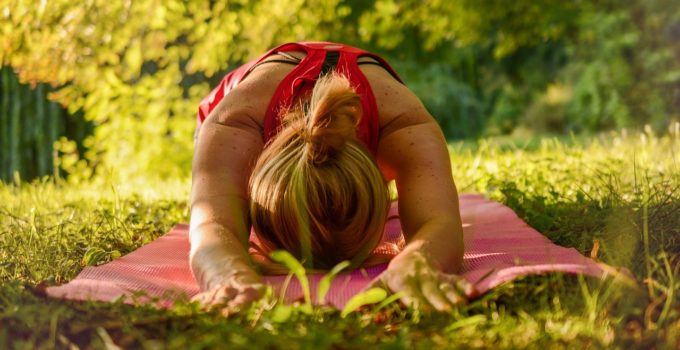The Use of Massage
Massage relieves tension that occurs in muscles by kneading your skin, muscles, and muscle tendons.
Massage helps to improve the blood supply to your body and reduce the pain, stress, and fatigue that occur after chemotherapy. A qualified therapist will know when to give a massage and whether you require light or deep massage.
Light massage is best for bone cancers and other bone conditions that should not have a great force on the bones. A massage is not recommended in persons with clotting abnormalities to reduce the risk of bleeding. You should not have a massage on a surgical scar or on a place that has a tumour.
Meditation – The Role in Holistic Cancer Treatment
Yes. Meditation helps to relieve the stress and anxiety that occur in cancer. Having deep concentration as you focus on an idea, thought, or sound helps you forget your stress.
Meditation also helps you to have positive thoughts, and this positivity is necessary for the fight against cancer. You can do meditation on yourself without always requiring an instructor.
During meditation, you should sit in this position in a quiet room. Ensure that your eyes are closed and then take deep breathes. Imagining yourself in a pleasant location with a fresh scent helps to keep you calm.
What is the Role of Relaxation Techniques?
There are many forms of relaxation techniques that can help deal with the side effects of chemotherapy, including yoga and Tai chi.
These techniques help relieve anxiety, fatigue, and insomnia by focusing your attention and relaxing your muscles. Yoga reduces fatigue and sleep by allowing you to stretch your body in various positions while taking deep breaths.
Yoga for cancer patients should be done under the instruction of a competent instructor who will guide you on how to stretch without experiencing pain. Tai chi relieves stress by combining gentle stretching and deep breaths. You should avoid making moves that can cause you more pain.



